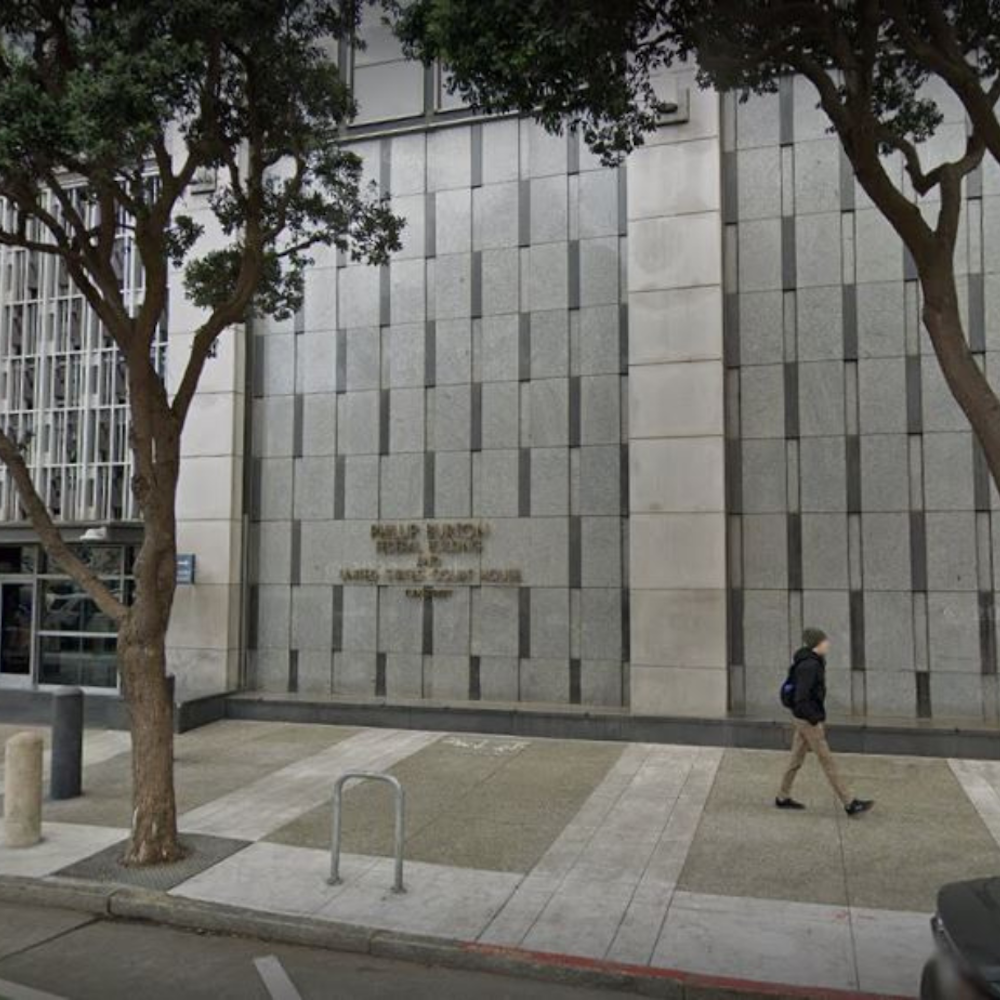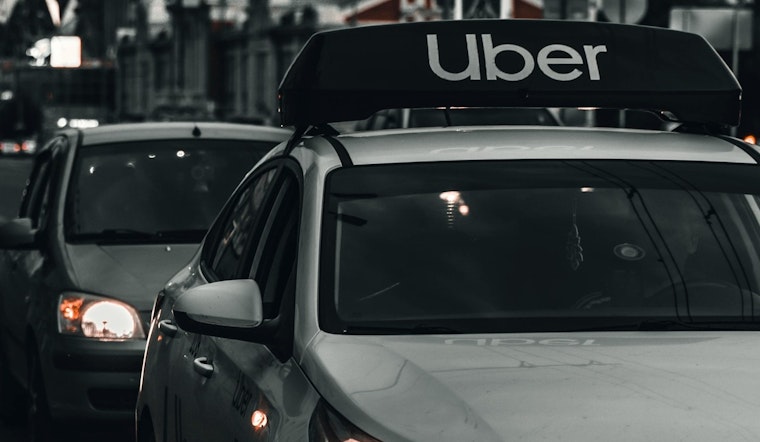
Uber is tightening the reins on passenger verification, rolling out a new feature in Chicago and 11 other cities that stamp a blue checkmark of approval on rider profiles. According to a Chicago Tribune report, the program aims to reassure drivers by automatically verifying the vast majority of users with the data on file, a move to bolster security in response to incidents threatening their well-being on the job. Most Uber customers will see the badge appear without lifting a finger, apart from those few who will need to upload government-issued ID for approval.
Heather Childs, Uber's chief of trust and security, underscored the importance of the initiative stating, "Drivers want to know more about the people who are entering and exiting their vehicle," and highlighting, the company's stance against those intending harm using their platform. This development follows a series of alarming confrontations faced by drivers, including a shooting in Chicago's Austin neighborhood and a similar incident in Little Italy last February, where both an Uber driver and a passenger were victims, it is a clear call to address driver safety which has been at the forefront of concerns by those behind the wheel, according to various accounts obtained by Chicago Tribune and ABC7 Chicago.
Unverified riders aren't left in the lurch; they can still book rides, though they'll miss out on the blue seal of identity confirmation. Drivers, now granted the discretion to accept or decline these unverified fares, may well exercise this choice, subtly shaping the landscape of ridesharing, this was outlined in a statement obtained by ABC7 Chicago. While Uber's pilot program stops short of conducting criminal background checks on riders, the blue checkmark could potentially pave the way for a future of equitable service—a nod to the notion that confidence, afforded by verification, may extend drivers' reach into areas previously avoided.
The sentiment on the street rings somewhat optimistic: "I think it's really good. I mean, you really don't know who's getting into the car. So it's good to, you know, to verify everybody, to make sure that the driver is safe," a local rider, Timothy Hardy, told ABC7 Chicago. As the program undergoes scrutiny and tweaking in its formative cities, it lays down a marker on Uber's ongoing pursuit to tighten the threads of trust that bind their community of riders and drivers.
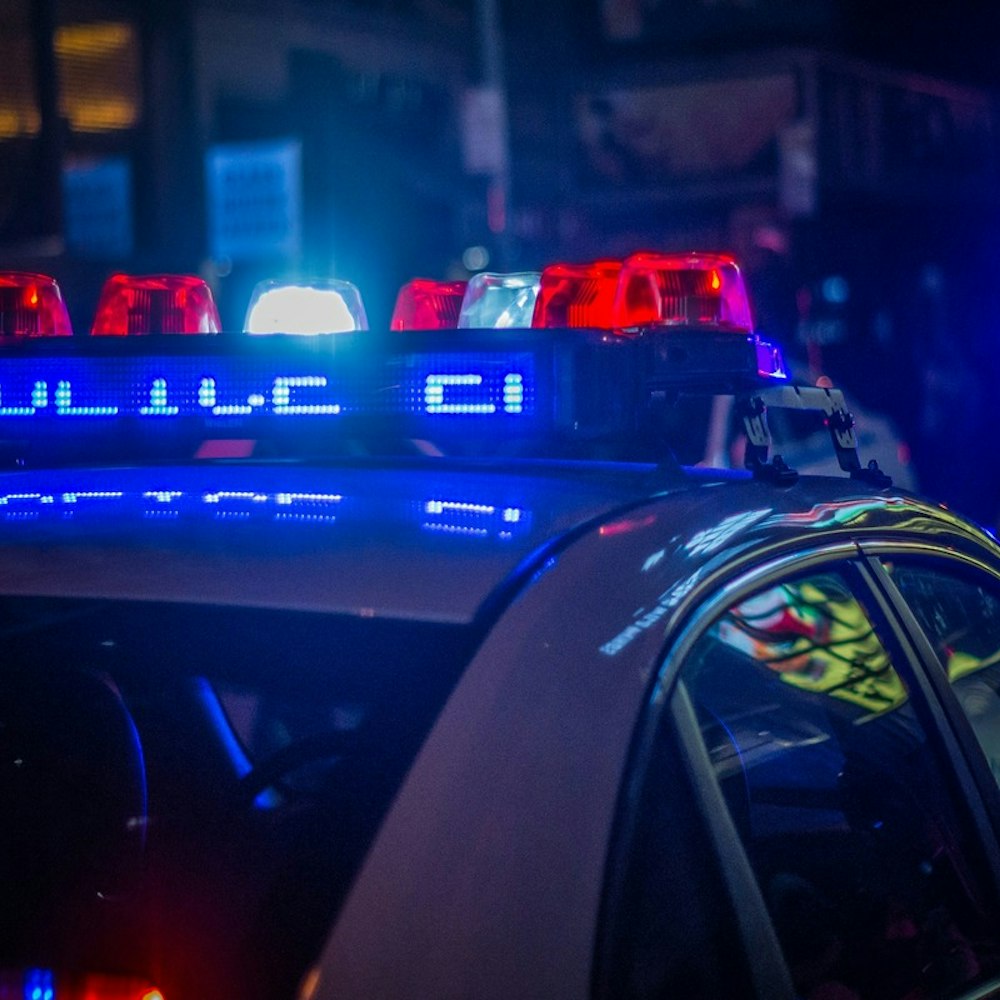
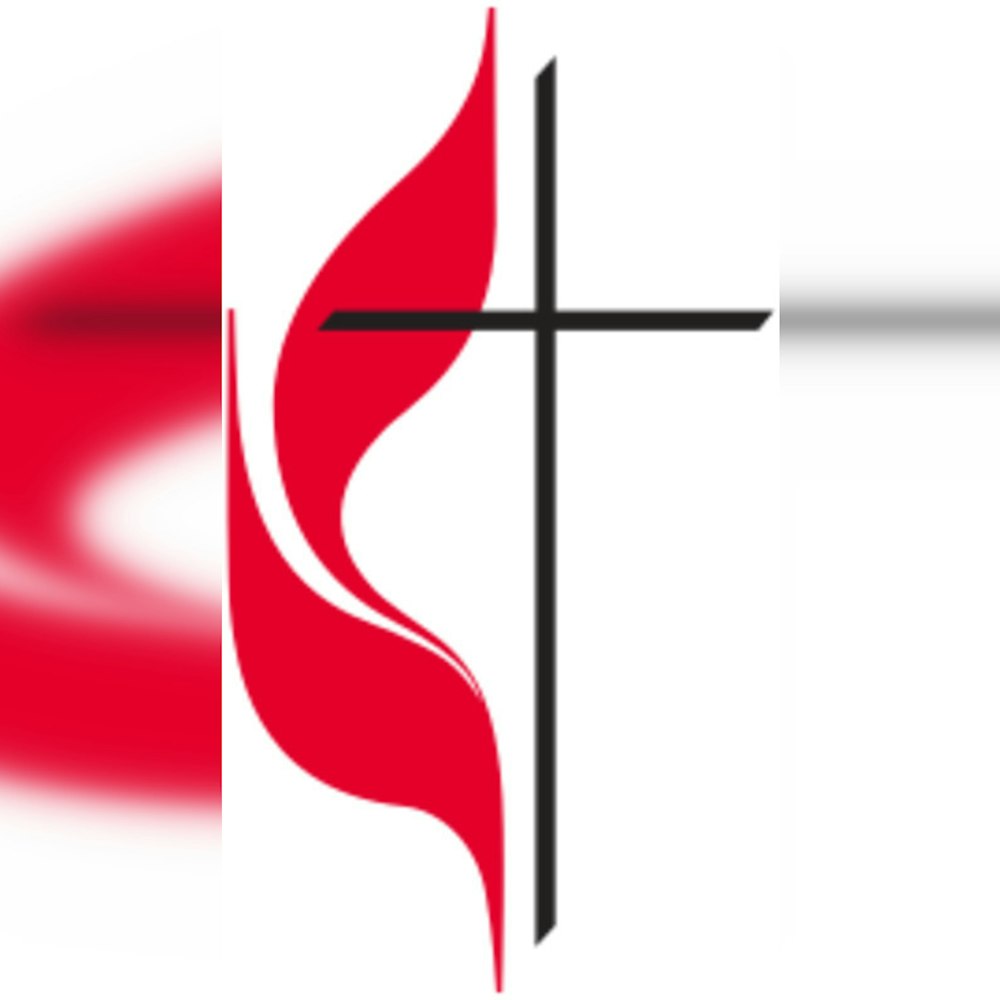
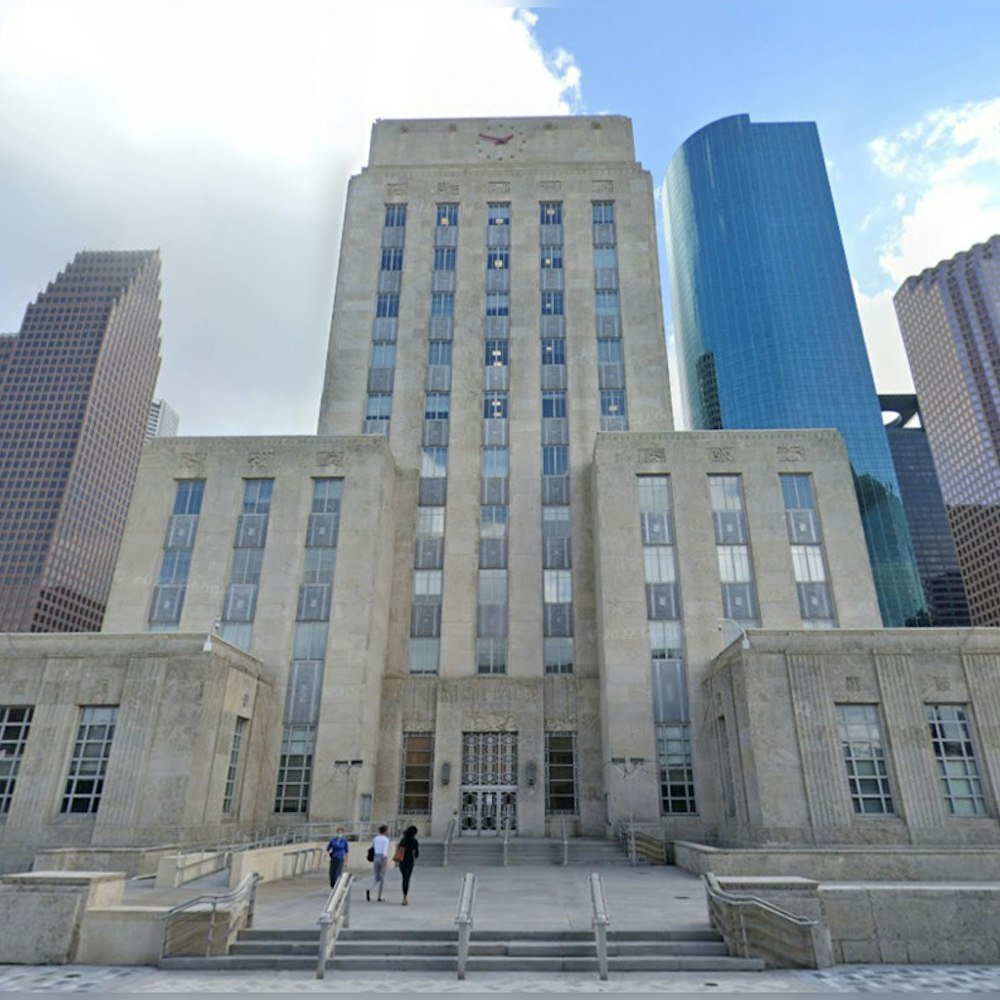
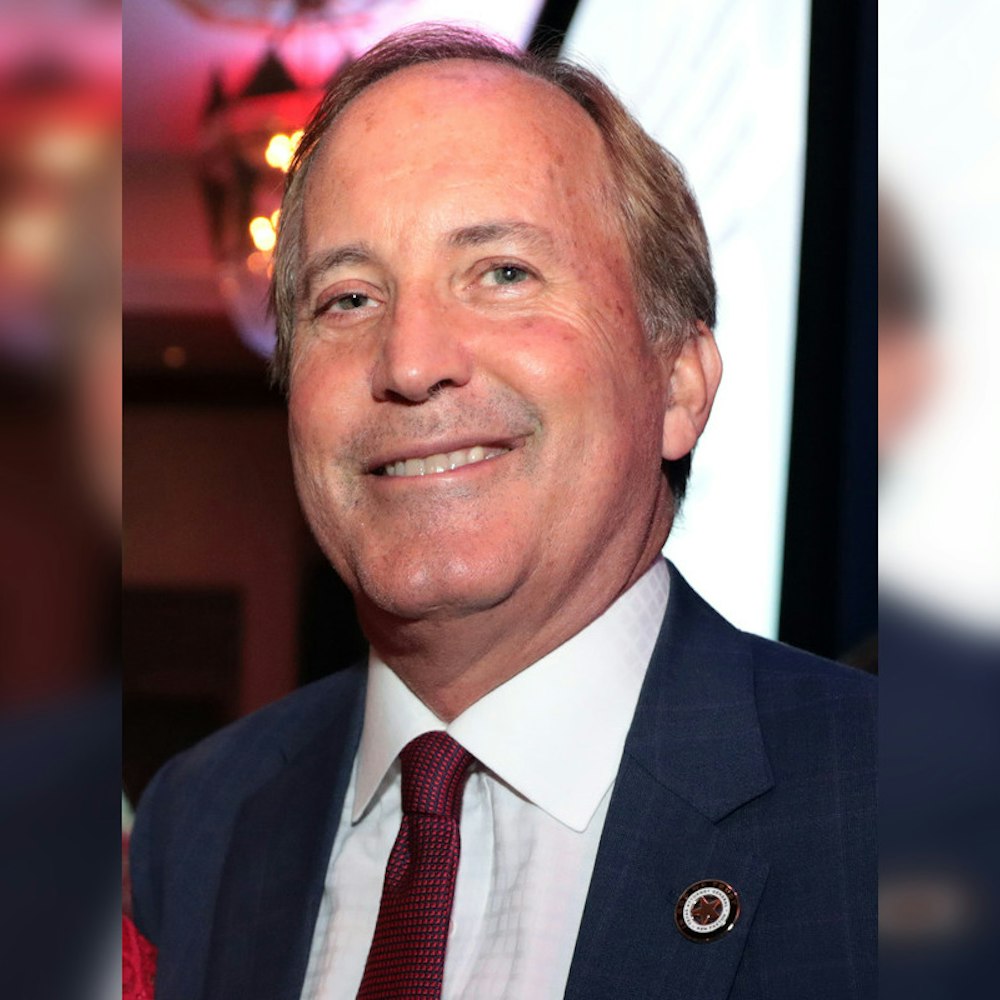
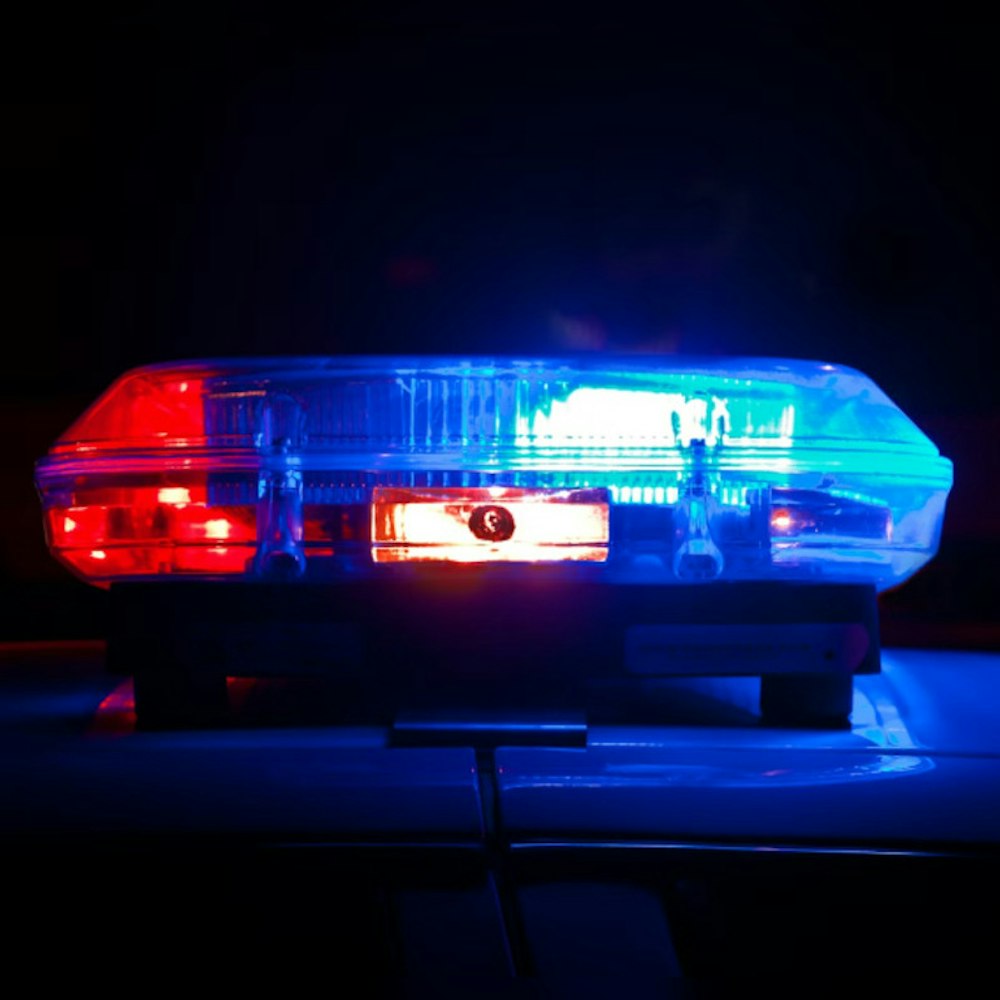
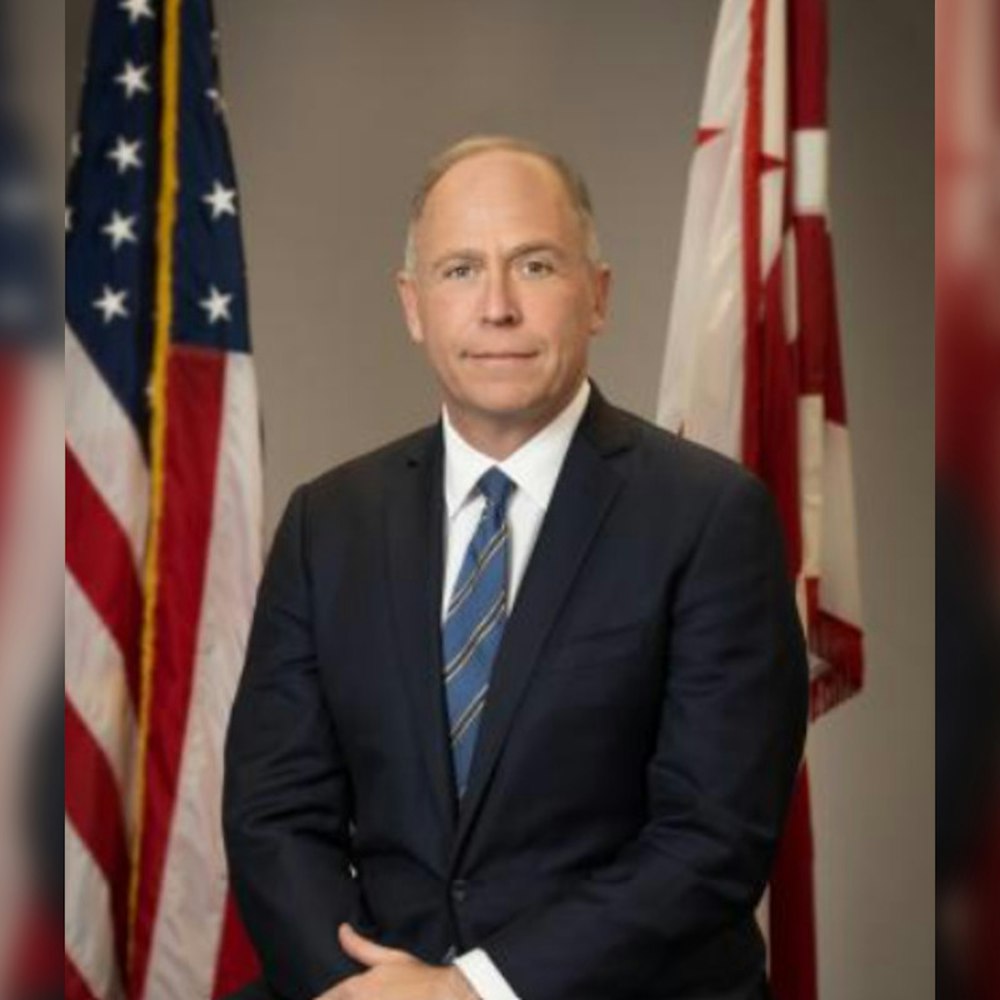
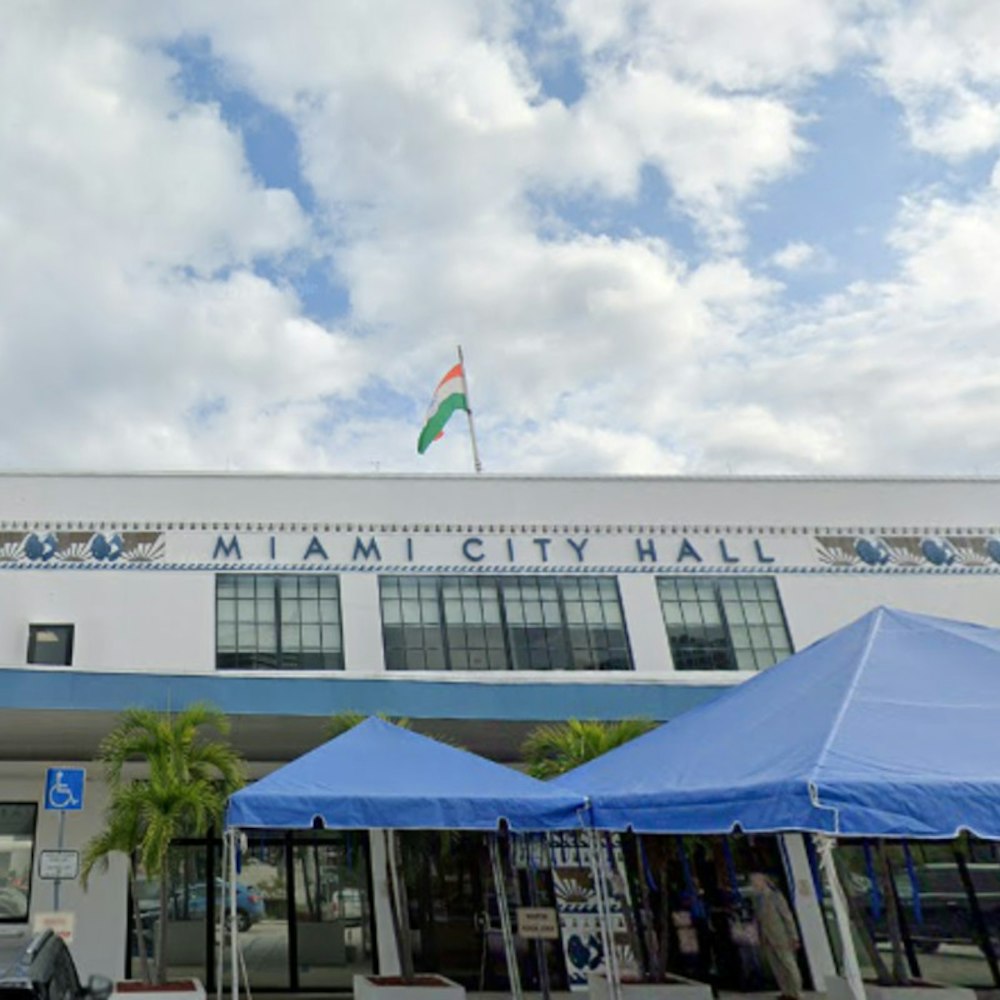
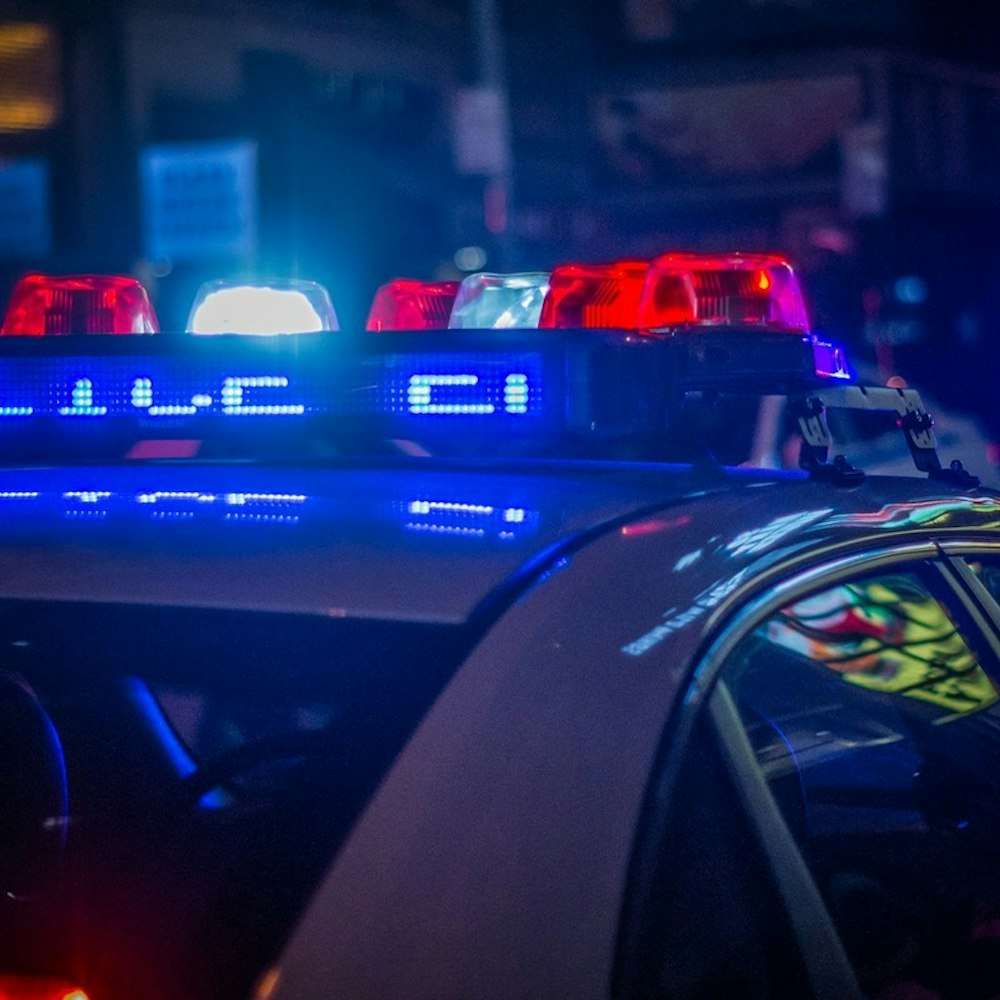
-1.webp?w=1000&h=1000&fit=crop&crop:edges)
